Priority in Libya is fighting 'terrorism': UAE
Haftar launched an assault on forces loyal to the government in and around the capital on April 4

Haftar launched an assault on forces loyal to the government in and around the capital on April 4.
PHOTO: REUTERS
The United Arab Emirates, and its allies Egypt and Saudi Arabia, regard Khalifa Haftar and his Libyan National Army militia as a bulwark against militant groups which are among the supporters of the Government of National Accord.
Haftar launched an assault on forces loyal to the government in and around the capital on April 4, triggering fighting that has killed 376 people, according to the World Health Organisation.
"Priority in Libya to counter extremism/terrorism and support stability in long drawn out crisis," the UAE minister of state for foreign affairs, Anwar Gargash, said on Twitter.
"Abu Dhabi agreement offered opportunity to support UN-led process.
"Meanwhile, extremist militias continue to control capital and derail search for political solution," Gargash said.
Libyan air strikes kill four, wound 37: government
The Abu Dhabi agreement he referred to was a renewed commitment to organising nationwide elections that Haftar and unity government leader Fayez al-Sarraj made after a UN-backed meeting in the UAE capital on February 27.
But even as he met Sarraj, Haftar's forces were pressing on with an offensive that saw them overrun virtually all of the oasis towns and oilfields of Libya's vast southern desert before turning their sights on government forces in Tripoli.
The UAE stands accused by the UN of providing Haftar with military aircraft and other heavy weaponry which has played a major role in the offensives' success.
The UN had hoped to convene a conference in the Libyan oasis town of Ghadames last month to draw up a roadmap for the elections but was forced to cancel it in the face of the upsurge of fighting.
The WHO says more than 1,800 people have been wounded in the fighting, which has turned some southern districts of the capital into war zones, while more than 40,000 civilians have fled their homes.
A British-led effort to secure agreement within the UN Security Council on a demand for a ceasefire has run into the ground after the United States withheld its support in an apparent tilt towards Haftar.
Major powers are deeply divided over the conflict.
Russia has openly refused to condemn Haftar's offensive.
France has acknowledged supporting Haftar's campaign against armed Islamist groups but has denied it was forewarned about his assault on Tripoli.

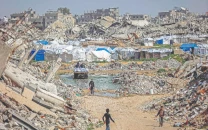
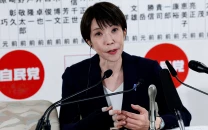
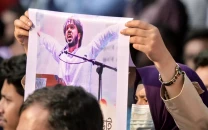
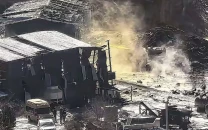
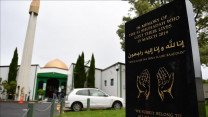
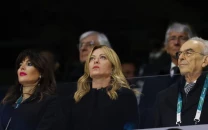












COMMENTS
Comments are moderated and generally will be posted if they are on-topic and not abusive.
For more information, please see our Comments FAQ